How AI is Revolutionizing Medical Devices
Artificial Intelligence (AI) is swiftly revolutionizing multiple industries, and the medical device field is at the forefront of this transformation. From advanced diagnostics to personalized treatment plans, AI-powered medical technologies are reshaping how healthcare professionals provide patient care. The incorporation of AI in medical devices ensures greater precision, efficiency, and accessibility, enabling healthcare providers to deliver more customized and impactful treatments. This blog delves into the transformative role of AI in medical devices, highlighting how this innovation is revolutionizing healthcare delivery.
 How AI is Revolutionizing Medical Devices
How AI is Revolutionizing Medical Devices
1. AI in Diagnostics (medical devices): Speed and Precision
One of the most significant impacts of AI in medical devices is in diagnostics. AI algorithms can quickly analyze large datasets, such as medical images, to detect patterns that might be missed by human eyes. AI-powered diagnostic tools, such as those used in radiology and pathology, can improve the detection of diseases like cancer, heart conditions, and neurological disorders.
For example, AI in imaging devices can analyze MRI or CT scans faster than traditional methods, allowing radiologists to make quicker and more accurate diagnoses. This speed and precision can be life-saving in critical care scenarios where time is of the essence.
2. AI-Driven Predictive Analytics
AI has also made significant strides in predictive analytics, where machine learning algorithms analyze patient data to predict health outcomes. AI-powered medical devices can now monitor patients continuously and alert healthcare providers of potential complications before they occur.
For instance, AI in remote patient monitoring devices can track vital signs and predict when a patient may experience a heart attack or other life-threatening events. This level of prediction enables early intervention, potentially saving lives and reducing hospital admissions.
3. Personalized Treatment Plans with AI in medical devices
The use of AI in medical devices goes beyond diagnostics and monitoring; it also plays a pivotal role in personalized medicine. By analyzing a patient’s genetic data, medical history, and real-time health data, AI-powered devices can recommend individualized treatment plans.
AI algorithms can help oncologists, for example, develop tailored cancer treatment plans based on a patient’s unique genetic makeup. This approach ensures that patients receive treatments that are more likely to be effective for their specific condition, improving outcomes and reducing side effects.
4. AI-Powered Surgical Robots
AI has brought a new era to surgery through robotic surgical systems. These AI-powered robots assist surgeons with precision, reducing human error and enhancing surgical outcomes. Robots like the Da Vinci Surgical System use AI to help with tasks such as suturing and incisions, offering surgeons more control and accuracy than ever before.
AI-powered robots can also analyze data from past surgeries to continuously improve their performance, making each subsequent procedure more efficient and less invasive.
5. AI in Drug Delivery Systems
AI is being integrated into medical devices that manage drug delivery, such as insulin pumps or chemotherapy systems. These smart devices use AI algorithms to optimize the timing and dosage of medications based on real-time data from the patient.
For example, AI-powered insulin pumps for diabetics can monitor blood sugar levels continuously and adjust insulin doses accordingly, minimizing the risk of hypoglycemia or hyperglycemia. This level of precision in drug delivery improves patient safety and enhances the effectiveness of treatment.
6. AI in Wearable Devices
Wearable medical devices are becoming increasingly popular, and AI is enhancing their capabilities. Devices like smartwatches and fitness trackers now come equipped with AI algorithms that can monitor heart rates, sleep patterns, and activity levels. AI uses this data to provide personalized health insights, helping users make informed decisions about their health.
Moreover, these wearables can integrate with AI-powered health platforms, allowing healthcare providers to monitor patients remotely and intervene when necessary.
7. AI in Medical Device Manufacturing
AI is not only transforming the devices themselves but also the way they are produced. In the manufacturing process, AI-driven automation is improving the efficiency and precision of medical device production. Machine learning algorithms can identify inefficiencies in production lines, predict equipment failures, and optimize supply chains, leading to faster and more cost-effective manufacturing.
Conclusion: The Future of AI in Medical Devices
AI is undoubtedly revolutionizing the medical device industry. From enhancing diagnostic accuracy to enabling personalized treatment plans, AI-powered medical devices are paving the way for a future where healthcare is more efficient, precise, and patient-centric. As AI technology continues to evolve, we can expect even more groundbreaking innovations in medical devices that will further improve patient outcomes and redefine the healthcare landscape.
AI’s role in medical devices is still in its infancy, but its potential is limitless. The integration of AI in healthcare is not just a trend; it is a revolution that will change the way we approach medicine for years to come.

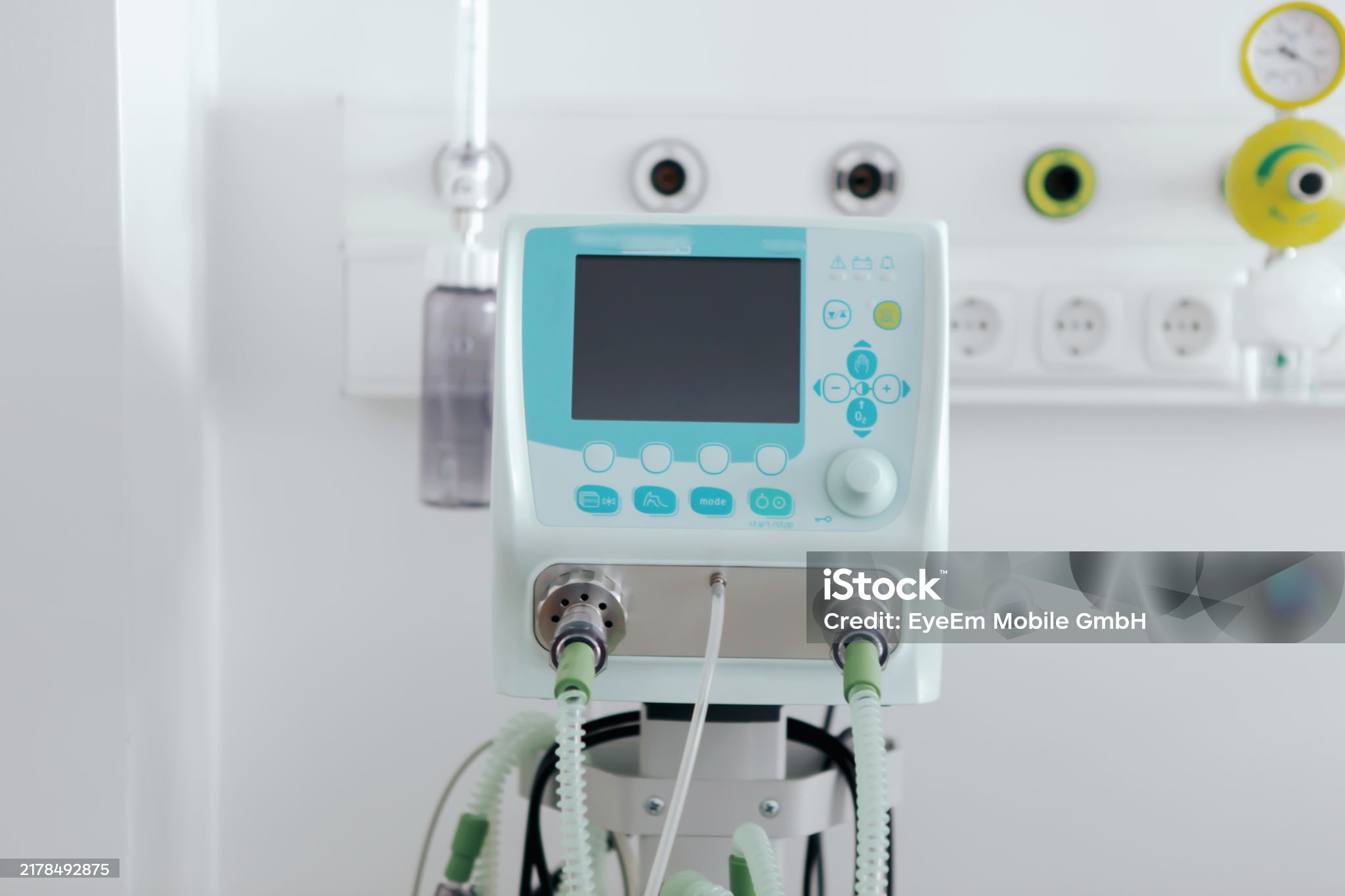
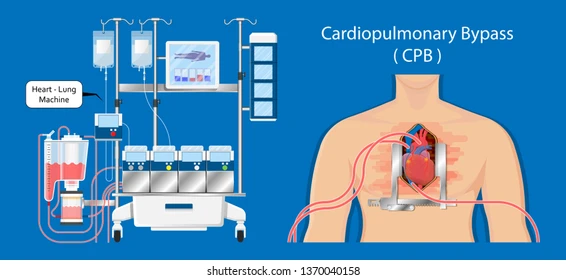
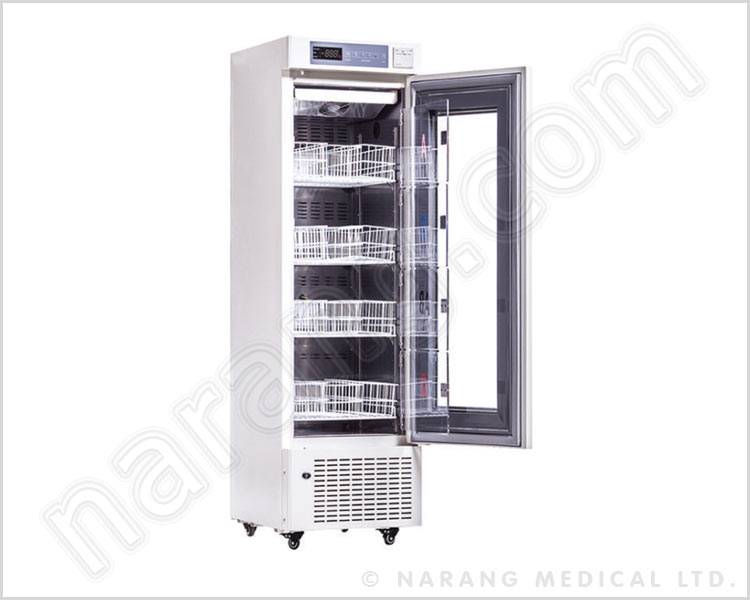
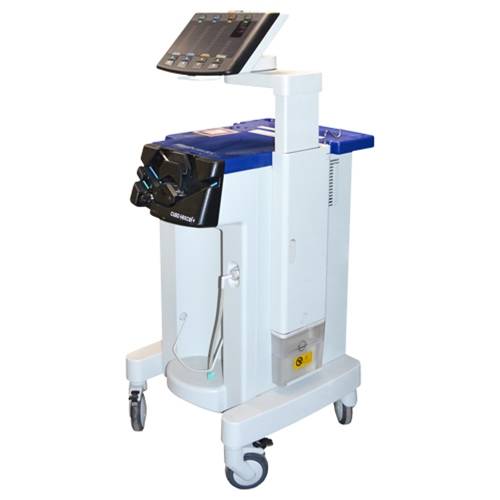
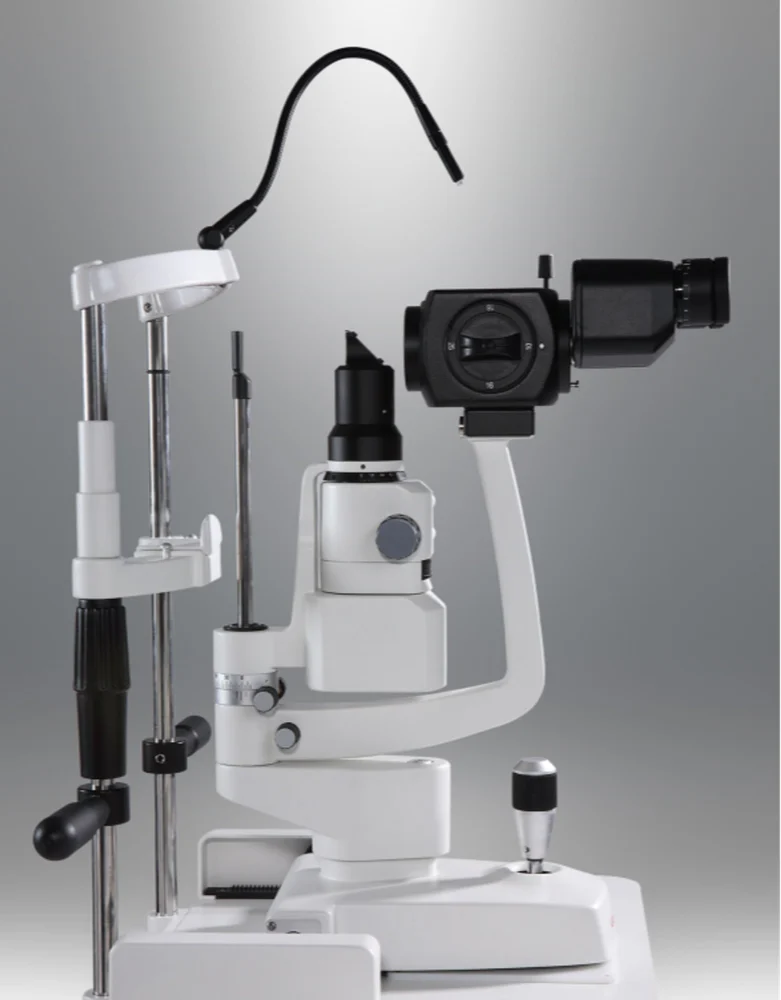
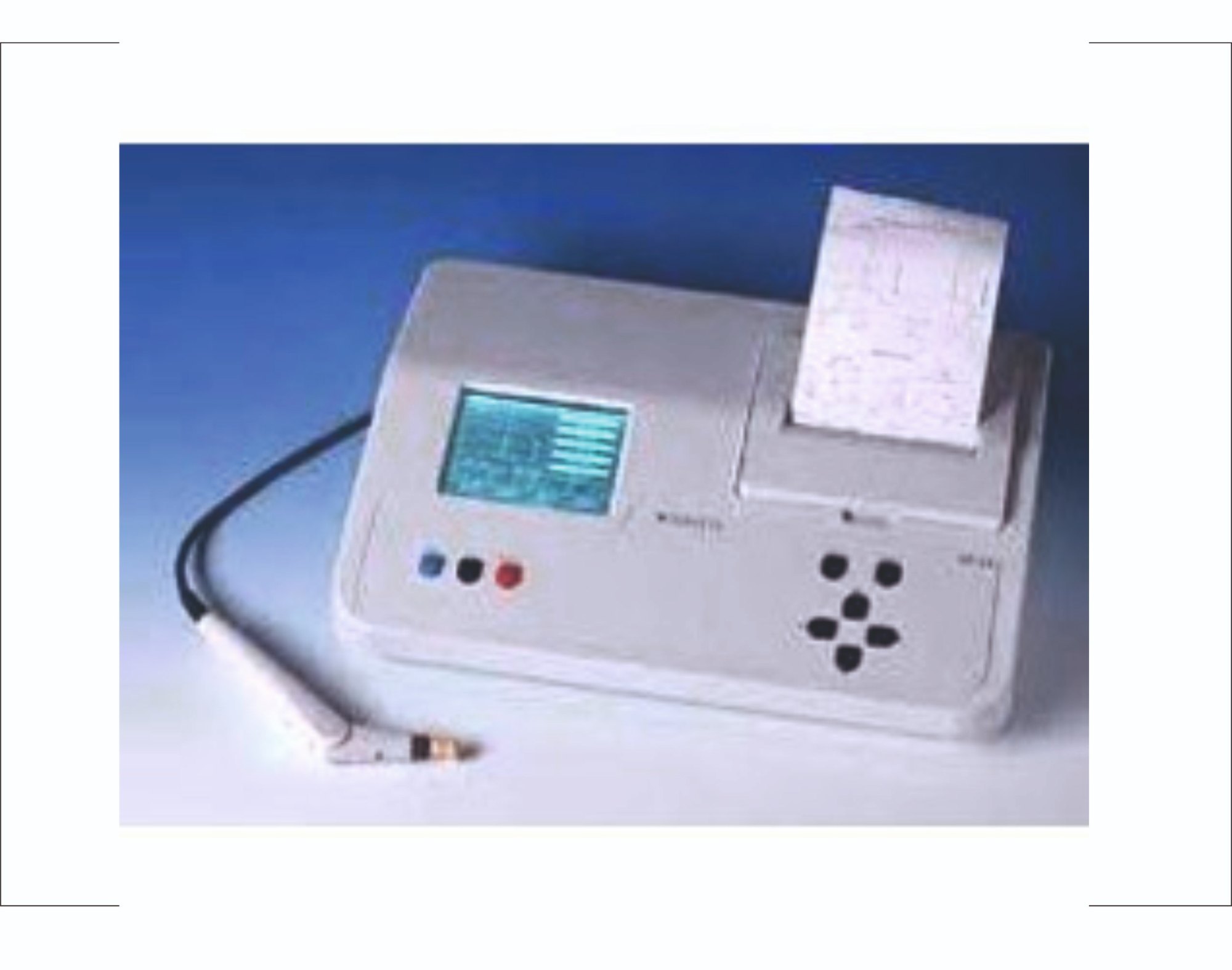
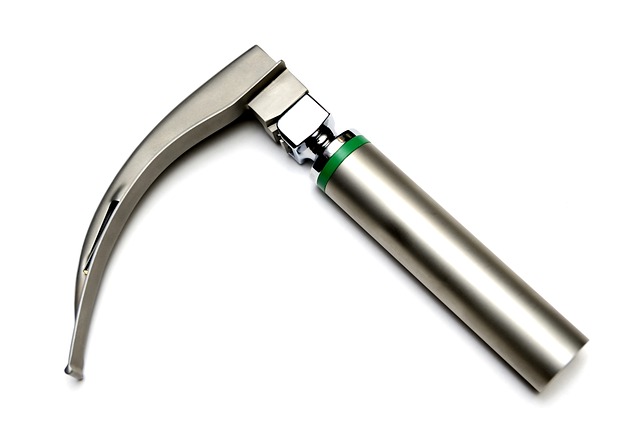
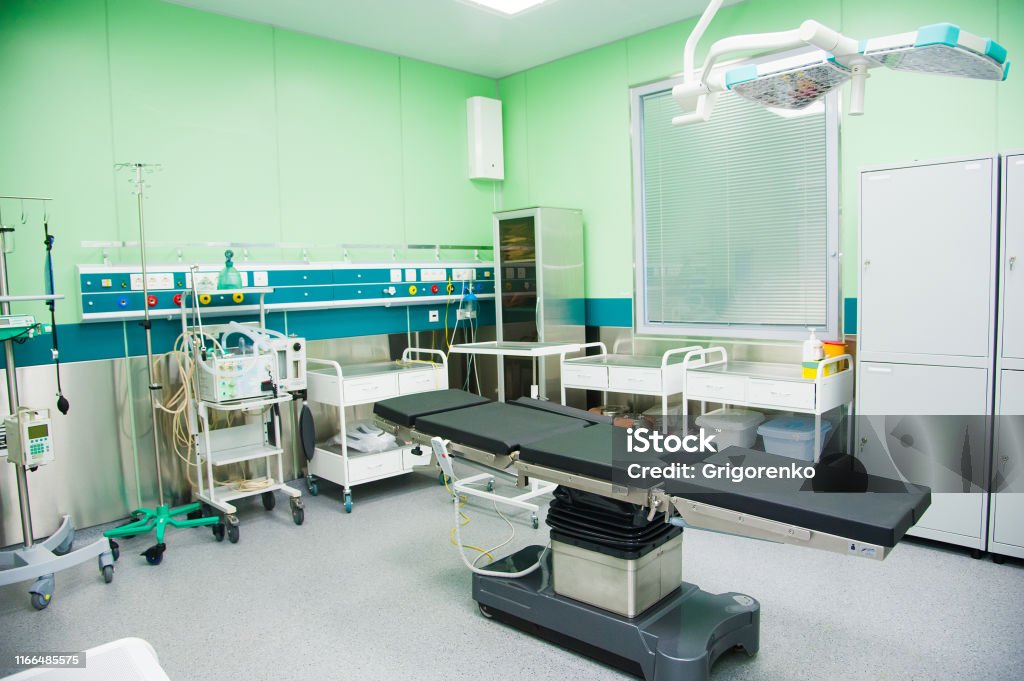
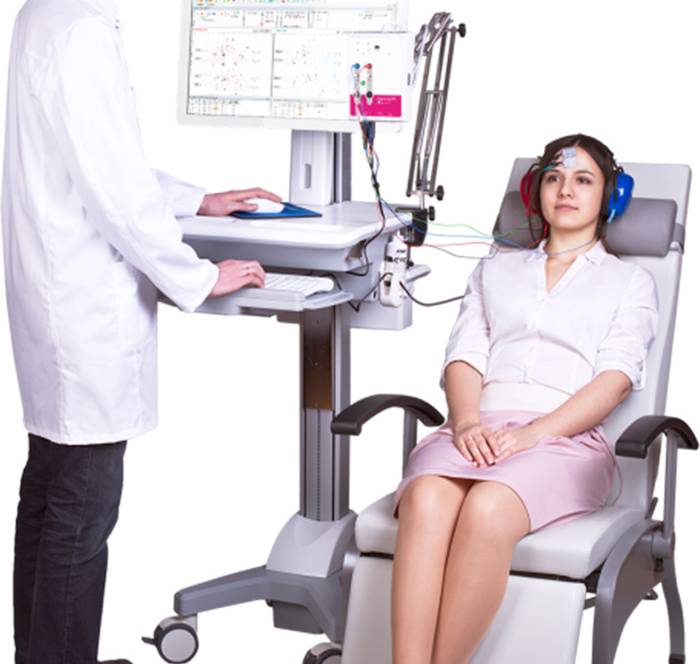
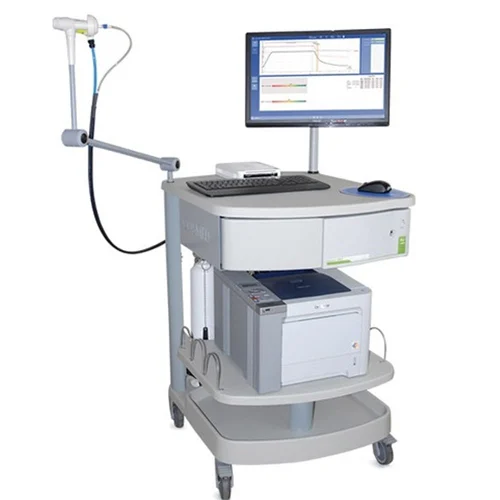


Leave a Reply